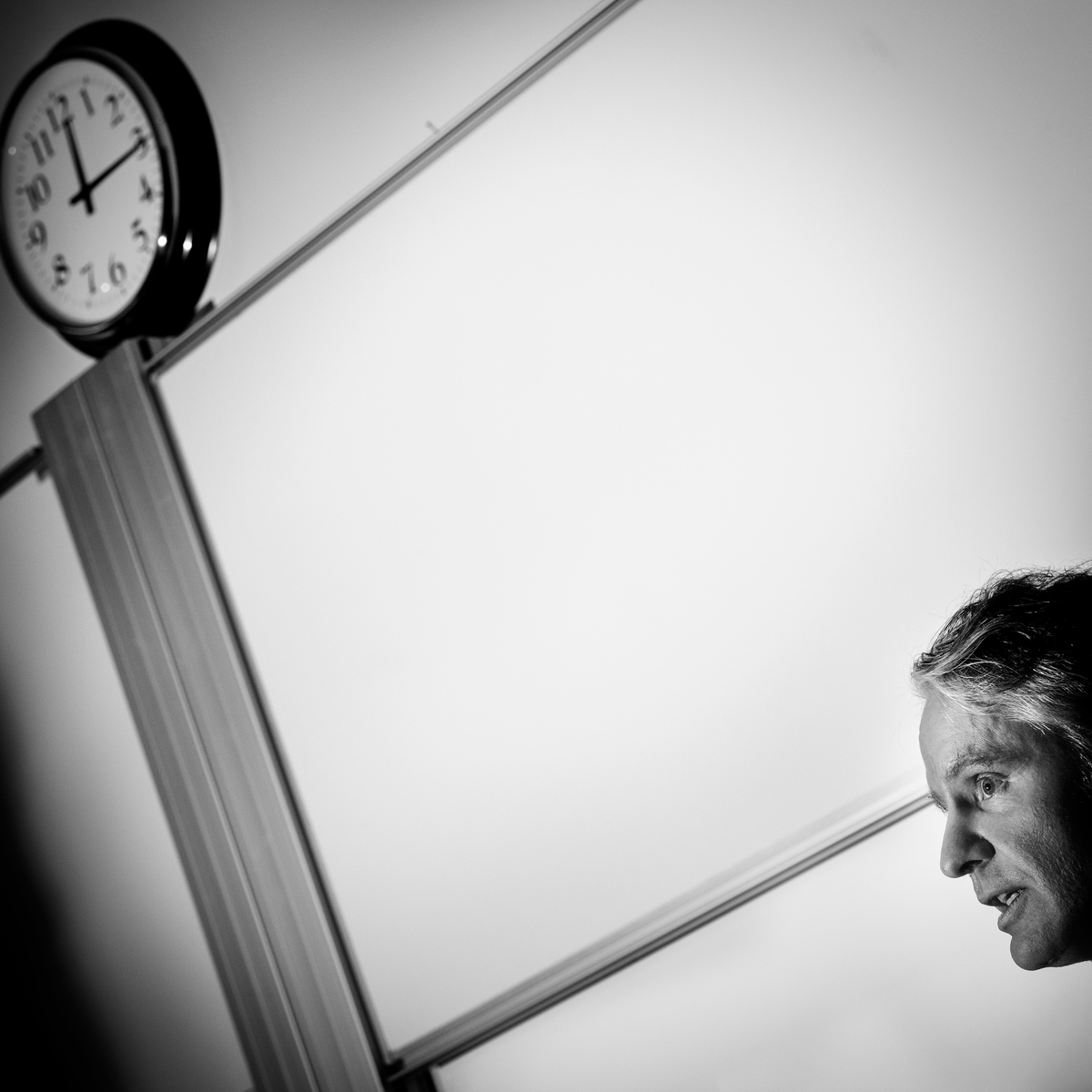Many people will recognise the name of Magnús Þorkell Bernharðsson, professor of Middle Eastern history at Williams College in Massachusetts, since he often appears in the Icelandic media helping to explain the complexities of Middle Eastern affairs. Fewer people are aware that Magnús Þorkell is a guest lecturer in religious studies at the University of Iceland and that he, along with his colleagues, is currently working on research aimed at improving the way Iceland welcomes refugees.
The study, entitled "United or divided? Education and the social engagement of refugee children and youth in Iceland", explores the experiences of people who came to Iceland as refugees under the quota system between 2015 and 2019, their status and progress in Icelandic society The study looks at around 40 families who received coordinated services on arrival to Iceland, unlike other refugees who come to Iceland independently.
The number of immigrants in Iceland has increased significantly in recent years and the country does not have a lot of experience of helping them adapt to Icelandic society. Many make an active choice to emigrate to Iceland, but there are others who arrive under different circumstances, explains Magnús Þorkell.
Magnús Þorkell is one of Iceland's leading experts in Middle Eastern affairs and his role on the research team is to examine the backgrounds of the refugees in a historical context. He considers why they chose to flee their own country and come to Iceland and looks into their cultural and historical backgrounds. He says that for a historian, the historical background is as important as language is to a linguist.
Collaboration between academics from different disciplines
Magnús is leading the study with Hanna Ragnarsdóttir, professor at the UI School of Education. Magnús explains that Hanna initiated the project and has extensive experience of researching immigrants and multiculturalism in Iceland.
Alongside Hanna and Magnús are an interdisciplinary team of researchers and PhD students: Eyrún María Rúnarsdóttir, lecturer; Guðbjörg Ottósdóttir, senior lecturer; Hermína Gunnþórsdóttir, professor; Samúel Lefever, senior lecturer; Susan Rafik Hama, lecturer; Lara Wilhelmine Hoffman, postdoctoral researcher; and PhD students Muhammed Emin Kizilkaya, Zulaia Johnston Da Cruz and Hrafnhildur Kvaran. "With such a diverse team of researchers, we can explore a wide range of factors that affect the status and experience of refugees," says Magnús.
The team is looking at the lessons that can be learned from the way Iceland receives refugees and how well Icelandic institutions are prepared to deal with people who may have fled their homes due to war and are therefore not necessarily in Iceland out of choice.
Important to be able to trust the researchers
This is qualitative research, in which the refugees are interviewed by two to three researchers. The study explores how we can measure and evaluate the experiences of people in a new country, people fleeing wars or dictatorships, people lacking self-confidence and people who have lost faith in governments.
Magnús emphasises that getting useful interviews depends on earning the trust of interviewees, due to their cultural background. Researchers must take care over how they communicate, both in a philosophical and scientific sense.
"Because of the size of the cohort, we have the opportunity to carefully consider the case of each individual refugee," says Magnús. As well as speaking to the refugees themselves, the team is speaking to staff in the refugee children's schools, support families and Red Cross staff. Magnús explains that this approach allows a conclusive analysis of their experiences, meaning that the results can be used to the benefit of future refugees.
Results will benefit society as a whole
The research team has already started taking interviews with people living all over Iceland. This stage of the research is expected to conclude by the end of the next year, at which point the team will start analysing the results. Early next year, however, the team plans to publish some shorter papers or give lectures about the status of the research. After three to four years, the final results of the study should be available.
Magnús argues that this research matters for society as a whole, because all the information we have indicates that the number of refugees around the world is going to increase due to climate change, war and economic troubles. The results of this study could help in planning support services for refugees in the future. "As a responsible nation and a member of the international community, we should play our part in helping people in crisis," says Magnús, adding that historically Icelanders have benefited from foreign aid, e.g. after the 1973 eruption in Heimaey and after the Second World War.
Author of this article: Eygló Sigurðardóttir, web communication student.




